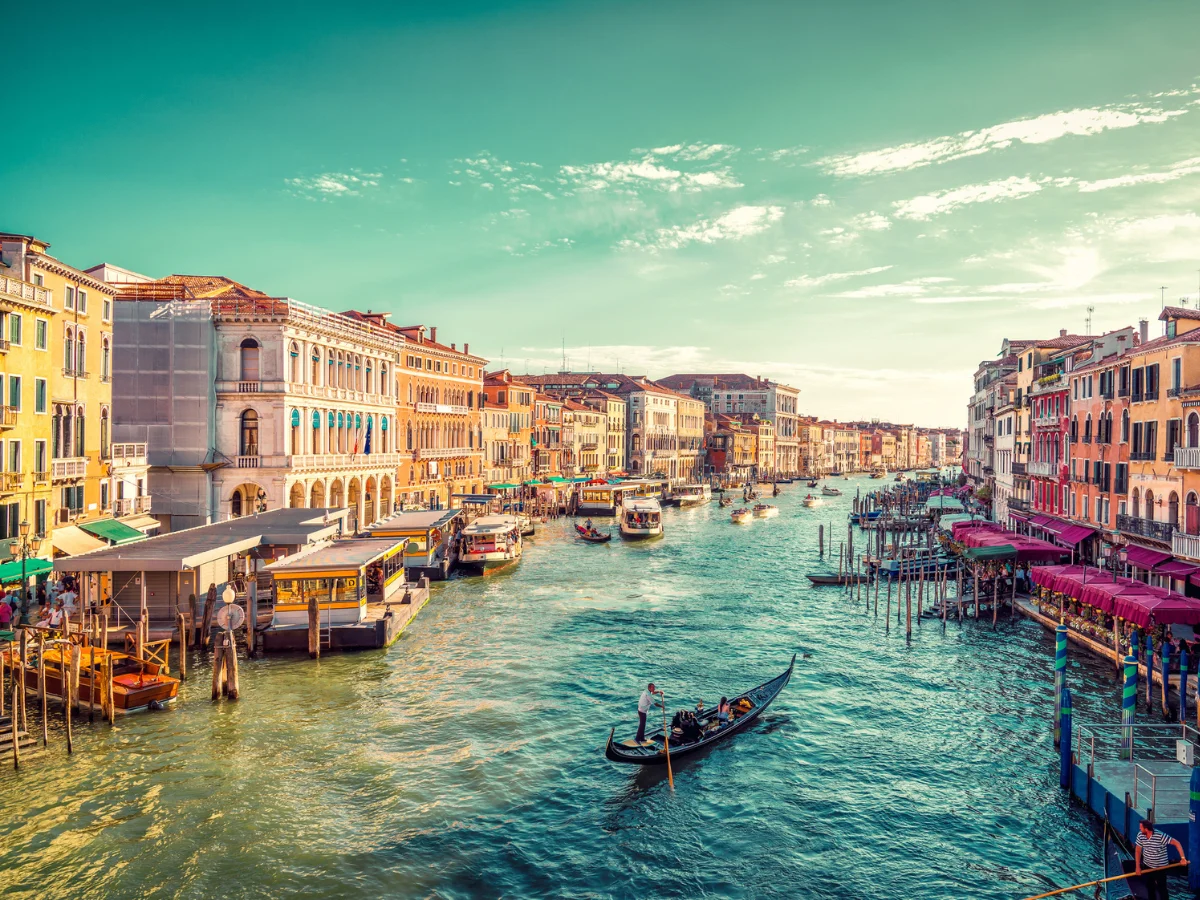Emperor Augustus was the first Emperor of Rome
Emperor Augustus was the first Emperor of Rome. He was born as Octavian in 63 BC and rose to power after defeating rivals like Mark Antony. Transitioning Rome from republic to empire, he initiated the Principate era, maintaining stability through diplomacy and military strength. His reign ushered in the Pax Romana, a period of peace and prosperity. Augustus’ cultural patronage and architectural projects left a lasting legacy. His administrative reforms shaped imperial governance. Revered as a god-like figure, Augustus’ influence extended far beyond his lifetime, shaping the course of Western history.

The Emperor Augustus was the first Emperor of Rome
Emperor Augustus: Architect of the Roman Empire
Emperor Augustus, born Gaius Octavius Thurinus, ascended to power after the tumultuous end of the Roman Republic. Under his rule, Rome transformed from a republic into an empire, marking the beginning of a new era in ancient history. He was also adopted by Julius Caesar.
Rise to Power
Augustus emerged victorious from the ashes of civil war following the assassination of Julius Caesar. He skillfully navigated political alliances and military campaigns, consolidating his power and securing the loyalty of the Roman legions. During his life, he got married three times.
Pax Romana: The Roman Peace
Augustus’ reign ushered in an unprecedented period of peace and stability known as the Pax Romana. This era saw flourishing arts, architecture, and commerce throughout the empire, laying the foundations for centuries of prosperity. For example Augustus secured diplomatic triumphs with the Parthian Empire. His astute negotiations strengthened Rome’s position and fostered stability in the region.
Reforms and Governance
Augustus implemented numerous reforms aimed at strengthening the administration of the empire. He reorganized the Roman provinces, improved infrastructure such as expanding the aqueduct system, and established a system of taxation that funded public works and the army.
Cultural Patronage
Augustus was a great patron of the arts and literature. He supported poets like Virgil, Horace, and Ovid, whose works celebrated the glory of Rome and the virtues of its ruler. Augustus himself wrote extensively, crafting an image of piety and moral leadership. Augustus’ era ignited a golden age in Latin literature, where creativity flourished and culture thrived. Writers penned works of brilliance, reflecting the vibrancy of the times.
Building Projects
Augustus embarked on ambitious building projects that transformed the city of Rome. He constructed magnificent temples, forums, and monuments, including the Temple of Caesar and the Ara Pacis, a grand altar dedicated to peace and prosperity.
Military Campaigns
Although Augustus preferred diplomacy over war, he was a capable military commander when necessary. He expanded the borders of the empire, securing victories in Hispania, Gaul, and Egypt, further solidifying Roman dominance in the Mediterranean world.
Legacy and Succession
Augustus’ death in 14 AD marked the end of an extraordinary reign that shaped the course of Western civilization. He left behind a carefully crafted image of imperial power and divine authority, setting the stage for his successors in the Julio-Claudian dynasty. Tiberius became Emperor after, the stepson of Augustus.
Assessment and Impact
Augustus’ legacy is complex and multifaceted. While he is often celebrated for his role in bringing stability to Rome, his reign also saw the erosion of republican institutions and the concentration of power in the hands of the emperor. Nevertheless, his influence on law, culture, and politics endured long after his death, leaving an indelible mark on the Roman Empire and the world beyond. The month August is named after him.
Conclusion
Emperor Augustus stands as one of the most significant figures in ancient history. His reign marked a pivotal moment in the evolution of Rome, shaping the destiny of an empire that would endure for centuries. From his rise to power to his enduring legacy, Augustus’ impact on the Roman world and beyond is undeniable, cementing his place as one of history’s most influential leaders.



